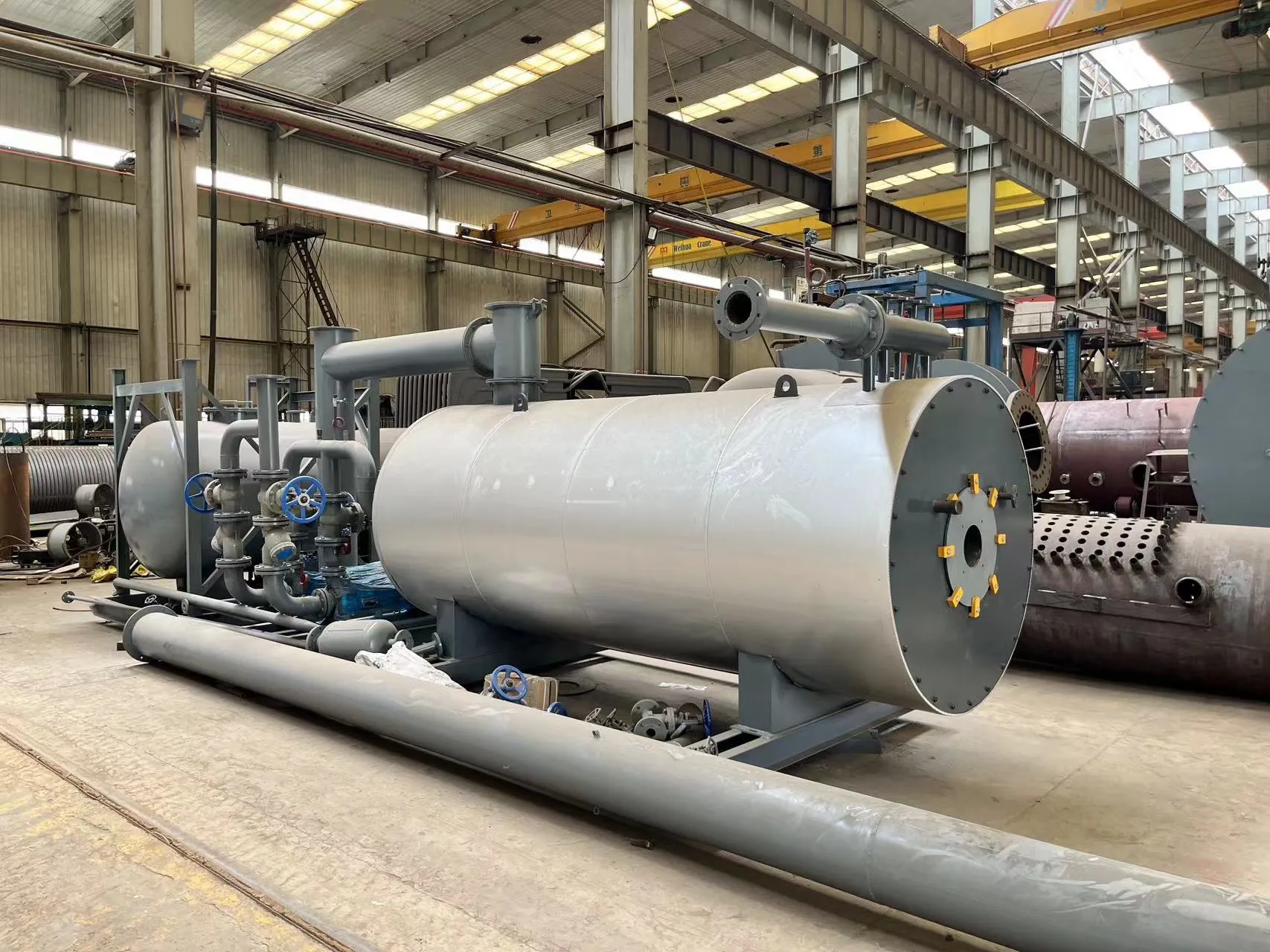best steam boiler industrial
The Best Steam Boiler for Industrial Applications
In today's fast-paced industrial landscape, efficiency and reliability are paramount. One of the key components that contribute to these factors is the steam boiler. The best steam boiler for industrial use not only meets operational demands but also adheres to environmental standards and optimizes fuel consumption. This article delves into the various aspects that make an industrial steam boiler the best choice for businesses.
Understanding Steam Boilers
A steam boiler is a device that converts water into steam through heat energy, which is generated by burning fuel. This steam is then used for various applications, including heating, power generation, and chemical processing. Given the critical role that steam plays in industrial processes, selecting the right boiler is essential for maximizing efficiency and productivity.
Types of Industrial Steam Boilers
There are several types of steam boilers used in industrial applications, each with its unique advantages.
1. Fire-Tube Boilers These boilers are characterized by hot gases passing through tubes that are surrounded by water. They are typically used for lower pressure applications, offer simple operation, and are relatively cost-effective.
2. Water-Tube Boilers In water-tube boilers, water flows through tubes that are heated by combustion gases. They are capable of generating high steam pressure and are suited for larger capacities and more demanding operational needs.
3. Electric Steam Boilers As industries aim to reduce their carbon footprint, electric steam boilers have gained popularity. They are highly efficient, produce fewer emissions, and can be equipped with advanced control systems for precise operations.
best steam boiler industrial

Key Features to Consider
When selecting the best steam boiler for industrial applications, several factors should be considered
1. Efficiency Look for boilers with high efficiency ratings. The higher the efficiency, the lower the fuel consumption and operational costs. Advanced boilers may feature economizers and condensing technology to recover waste heat.
2. Control Systems Boiler control systems play a crucial role in optimizing performance. Smart control systems equipped with sensors and automation technologies can enhance responsiveness, reduce wastage, and ensure consistent steam output.
3. Safety Features Safety should be a top priority in any industrial setting. Look for boilers with multiple safety features, such as pressure relief valves, low-water cutoffs, and alarms to detect malfunctions.
4. Environmental Compliance With increasing regulations around emissions, it is essential to choose a boiler that meets local environmental standards. Many modern steam boilers are designed to minimize NOx and CO2 emissions.
5. Maintenance and Support Regular maintenance is crucial for the longevity of a steam boiler. Consider the availability of technical support from the manufacturer and ease of access to parts for servicing.
Conclusion
Selecting the best steam boiler for industrial use involves careful consideration of various factors, including type, efficiency, safety, and environmental impact. Fire-tube, water-tube, and electric boilers each offer unique advantages that cater to different industrial needs. As industries continue striving for greater efficiency and sustainability, investing in a high-quality steam boiler can lead to significant improvements in productivity and cost savings. By understanding the specific requirements of their operations, businesses can choose the right boiler that not only meets their current needs but also positions them for future growth in an increasingly competitive marketplace.
-
Industrial Electric Steam Boiler Manufacturers | Efficient SolutionsNewsAug.08,2025
-
Industrial Electric Steam Boilers | Top Manufacturers & SuppliersNewsAug.07,2025
-
Leading Electric Steam Boiler Manufacturers for IndustryNewsAug.06,2025
-
Top Electric Steam Boiler Manufacturers | AI EfficiencyNewsAug.04,2025
-
Efficient Thermal Oil Boilers with AI Optimization | Superior PerformanceNewsAug.03,2025
-
Custom Steam Boilers Manufacturer | AI-Enhanced EfficiencyNewsJul.31,2025

